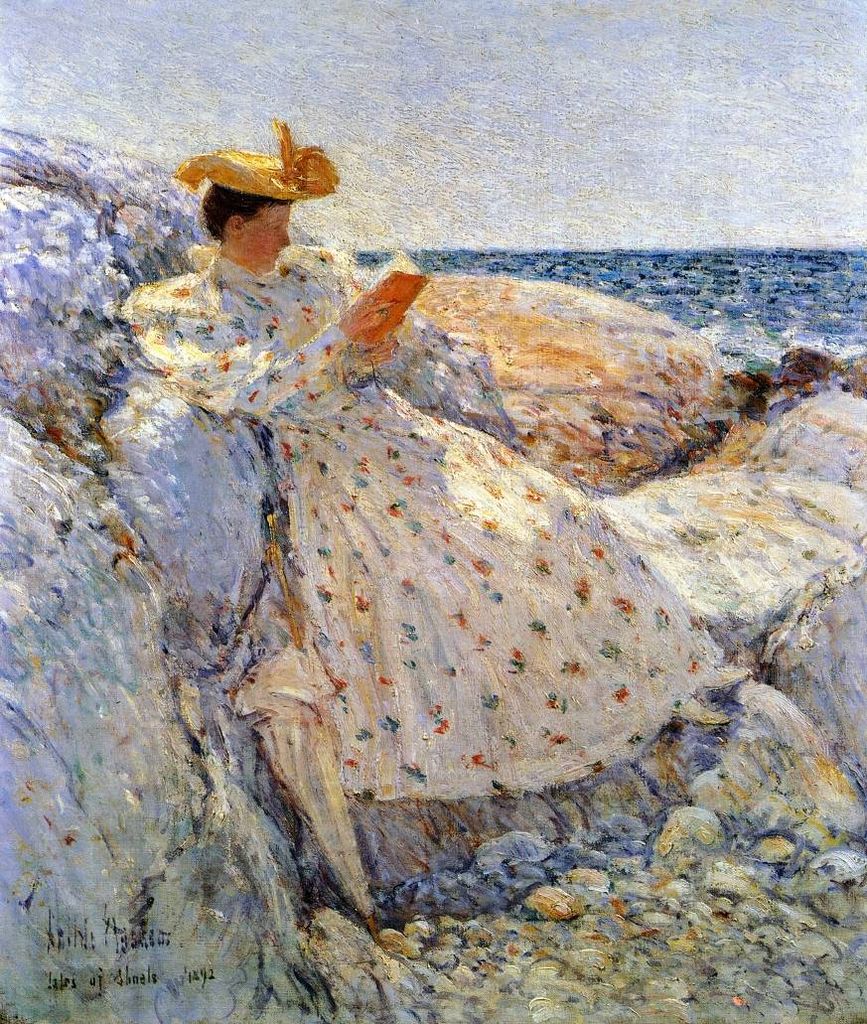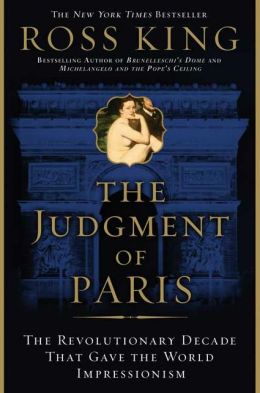I have many, many, many books in my house, books that I have gathered up at library sales, B&Ns, going-out-of-business sales, campus bookstores, etc. The house is indeed
groaning with books- you know, just the way I like it.
From time to time, I stand in front of my various bookcases, just glancing at random titles and calling up fond, vivid memories: "this book I bought at that garage sale ten years ago," "I read that book on my first flight to Europe,"....
And so, to make sure that my books do not feel neglected and ignored, and that you have another place to look when filling out your "To Read" list, I shall post a "Rachel's Random Recommendations" entry on this blog once per week.
When I say "books," I mean novels, essay collections, books of poetry, histories, biographies, plays... you get the idea. Enjoy!
-----------------------------------------------------------------------------------------------------
 STUDS LONIGAN
STUDS LONIGAN (1932-1935)
BY JAMES T. FARRELL
Follows the eponymous main character from his boyhood to adulthood in Chicago leading up to and during the Great Depression. It is naturalistic and gritty, depicting Lonigan's awkward and often violent attempts to navigate around the pitfalls and black holes of familial, social, and economic disintegration that threaten to engulf him. I recommend reading the trilogy straight through and in order (
Young Lonigan, The Young Manhood of Studs Lonigan, and
Judgment Day).
 Impressionist painters: they were a motley group, radical for their
time, daring, and adventurous. Their angle was to paint what they saw,
rather than what they thought they should see, or what people expected
them to see.
Impressionist painters: they were a motley group, radical for their
time, daring, and adventurous. Their angle was to paint what they saw,
rather than what they thought they should see, or what people expected
them to see.



